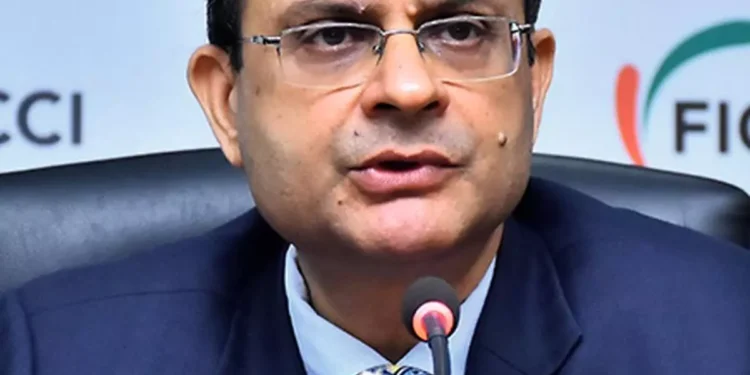India Inc, the conglomerate of the country’s top business houses, has raised concerns over the multiple GST assessments and audits being conducted by various states. This has led to a cumbersome and time-consuming process for businesses, resulting in a negative impact on their operations and finances. In light of this, the industry is seeking a mechanism for centralized GST assessment to streamline the process and ease the burden on businesses.
Ever since the implementation of the Goods and Services Tax (GST) in 2017, businesses have been facing challenges in complying with the complex tax structure. One of the major concerns raised by India Inc is the multiple GST assessments and audits being carried out by different states. This has resulted in duplication of efforts and resources, leading to increased compliance costs for businesses.
The current system of GST assessment involves a dual mechanism where both the central and state authorities have the power to conduct audits and assessments. This has resulted in businesses being subjected to multiple audits and assessments, causing a lot of inconvenience and hindrance in their day-to-day operations. This is especially true for big corporations with operations in multiple states, as they have to go through the same process in each state separately.
Apart from the duplication of efforts, the current system also leads to discrepancies and inconsistencies in the assessment process. Each state has its own set of rules and guidelines, which leads to different interpretations and varying outcomes. This not only creates confusion for businesses but also increases the chances of non-compliance and penalties.
In view of these challenges, India Inc has urged the government to consider a centralized GST assessment mechanism. Under this, a single authority would be responsible for conducting GST assessments and audits for businesses across the country. This would not only eliminate the duplication of efforts but also ensure consistency and uniformity in the assessment process.
A centralized GST assessment mechanism would also bring in the much-needed efficiency and transparency in the system. The current process of multiple assessments and audits is not only time-consuming but also prone to corrupt practices. With a centralized system, businesses can expect a faster and fairer assessment process, ensuring a level playing field for all.
Moreover, a centralized system would also help in reducing compliance costs for businesses. With a single authority in charge of assessments, businesses would not have to spend additional resources on complying with different state regulations. This would not only save time and money but also enable businesses to focus on their core operations and contribute to the country’s economic growth.
The industry has also suggested that the centralized GST assessment mechanism should be implemented in a phased manner, starting with big corporations and gradually including smaller businesses. This would ensure a smooth transition and give businesses time to adapt to the new system.
In addition to the centralized assessment mechanism, India Inc has also emphasized the need for a robust dispute resolution mechanism. The current system of multiple assessments and audits often leads to disputes between businesses and tax authorities. A single authority would not only reduce the chances of disputes but also provide a quicker resolution in case of any disagreements.
The government has taken note of these concerns and has assured India Inc that it is working towards a centralized GST assessment mechanism. In fact, the Central Board of Indirect Taxes and Customs (CBIC) has already initiated the process of setting up a centralized assessment body. This is a step in the right direction and is expected to bring relief to businesses struggling with the current system.
In conclusion, the concerns raised by India Inc regarding the multiple GST assessments and audits are valid and need to be addressed by the government. A centralized assessment mechanism would not only streamline the process but also bring in efficiency, transparency, and cost savings for businesses. It is a much-needed step towards simplifying the GST structure and promoting ease of doing business in the country. The government must act swiftly and implement the proposed mechanism to support the growth of India Inc and contribute to the overall development of the nation.







